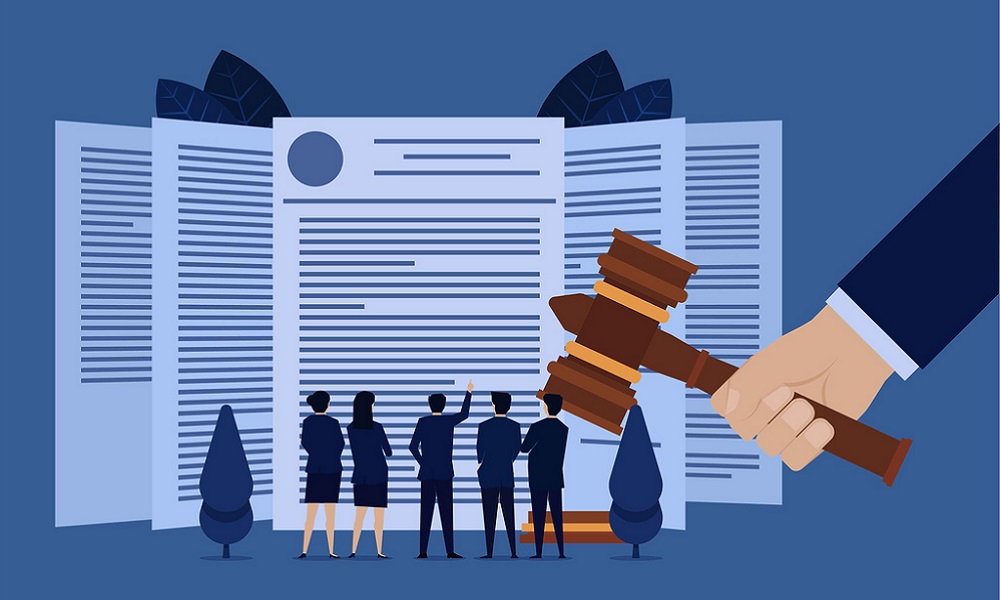“Gratis” is in and its owner has reason to celebrate. The Supreme Court has confirmed that the trademark was not registered in bad faith in Spain, despite the fact that the proprietor was aware of the existence of the prior Turkish marks:
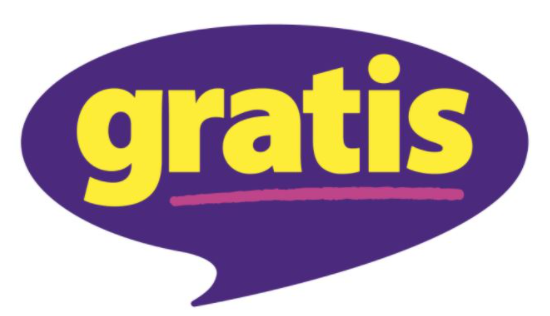
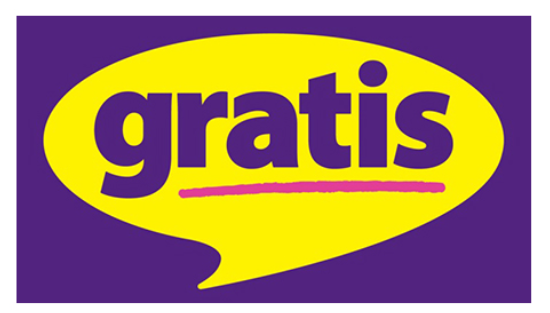
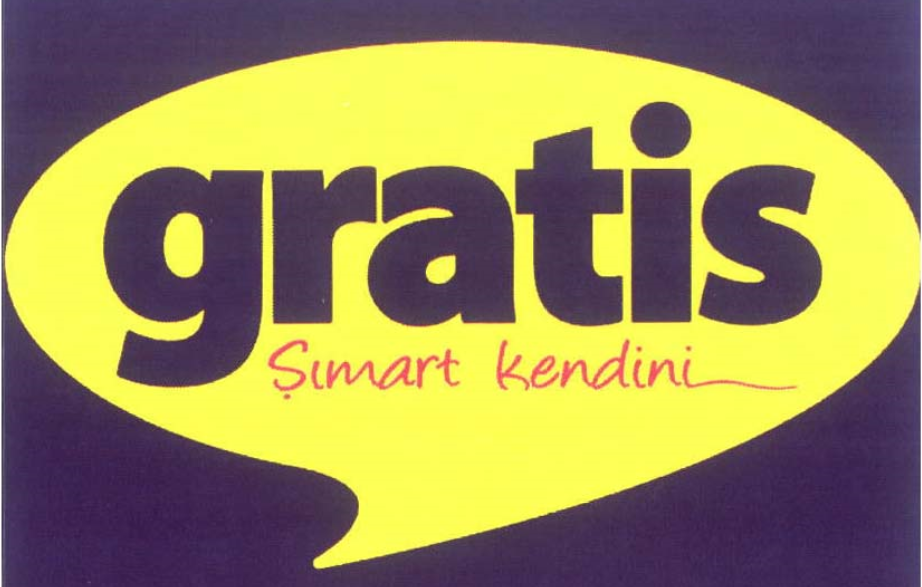
The Turkish trademarks had not been used in the Spanish market, which meant that they could not be considered well-known in Spain. However, it was demonstrated at the trial that the defendant was aware of their existence, since it had supplied products to the Turkish company since 2011.
This is why the Spanish trademark registered by the defendant and the Turkish marks are so similar. It is highly unlikely that the registration of the Spanish trademark was a coincidence, when the font used, the speech bubble and the color combination are practically identical.
However, the Supreme Court confirmed that the mark was not registered in bad faith (judgment 3963/2020, of November 23, 2020) and backed up its decision with the following arguments:
- The principal argument was that the owner of the Turkish trademarks had not evidenced its intention to expand into the Spanish market. As a result, the court concluded that the defendant had not taken unfair advantage of the reputation of the plaintiff’s trademarks, since they were totally unknown in Spain when the application was filed for the Spanish mark.
- The court also argued that the registration was not speculative because the defendant did not register it to sell it to third parties, but to use it itself in certain corners, such as photography.
- Finally, it was held that the defendant did not intend to block the entry of the Turkish marks into Spain.

Here we beg to differ. It is difficult to believe that the aim was not to block the entry of the Turkish mark:
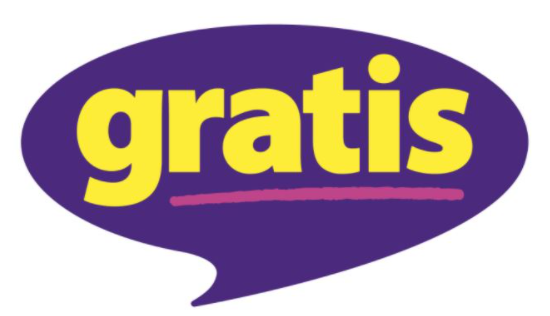
when the application filed in Spain was for:
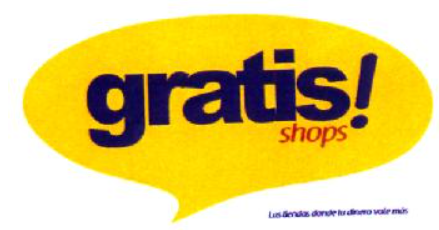
It is clear that both marks would not be able to coexist in the same territory: the likelihood of confusion is unquestionable, and this would naturally lead the Spanish Patents and Trademarks Office to refuse to register the Turkish mark.
No matter how unfair it may same, the truth is that the owner of the Spanish trademark holds exclusive rights in the mark in Spain.
This case, which may seem curious and could even be considered to border on the cheeky as far as the shrewd distributor is concerned, is no trivial matter. Think for example of the case of the American cosmetics trademark “MAGIC MINERALS”, whose owner had to oppose the application for the European Union trademark “MINERAL MAGIC” filed by its British Distributor. As occurred in the case we are looking at here, the similarities between the marks was not a coincidence, since the applicant of the European Union trademark was the distributor of the American mark.
However, in the MINERAL MAGIC CASE, the distributor did not register the same trademark, but rather altered the order of the works. As a result, the matter was taken to the Court of Justice of the European Union. In the judgment handed down on November 11, 2020 (c-809/18), the Court ruled that legislation seeks to protect the owner of the earlier mark both where the mark applied for by the agent or representative of the proprietor is identical with the prior mark and where it is similar to it.
Which then leads us to the next doubt: when are we dealing with an agent or representative? According to the European court when there is a fiduciary relationship that imposes on the proprietor a general duty of trust and loyalty as regards the interests of the proprietor of the earlier mark.
This broad interpretation should put our mind at ease. However, we recently came across the case of a Spanish company that found its trademark had been registered in Saudi Arabia by a distributor in that territory. Since this is no longer the domain of the European Union, things are more complicated. The Spanish company does not have proof of the use or well-known nature of its mark in Saudi Arabia because it has just entered that market. Neither is it able to register its mark, because its distributor would block the application.
So what can you do? Don’t panic. The solution to the problem lies in contacting a good trademark expert in that country to help us overcome the situation. Indeed, although the situation may seem unfair, we may have to come to terms with the fact that, in certain cases, it is lawful. This is why, at times, as we said at the beginning, free comes cheap.
Isabel Pascual de Quinto Santos-Suárez
Garrigues Intellectual Property Department

